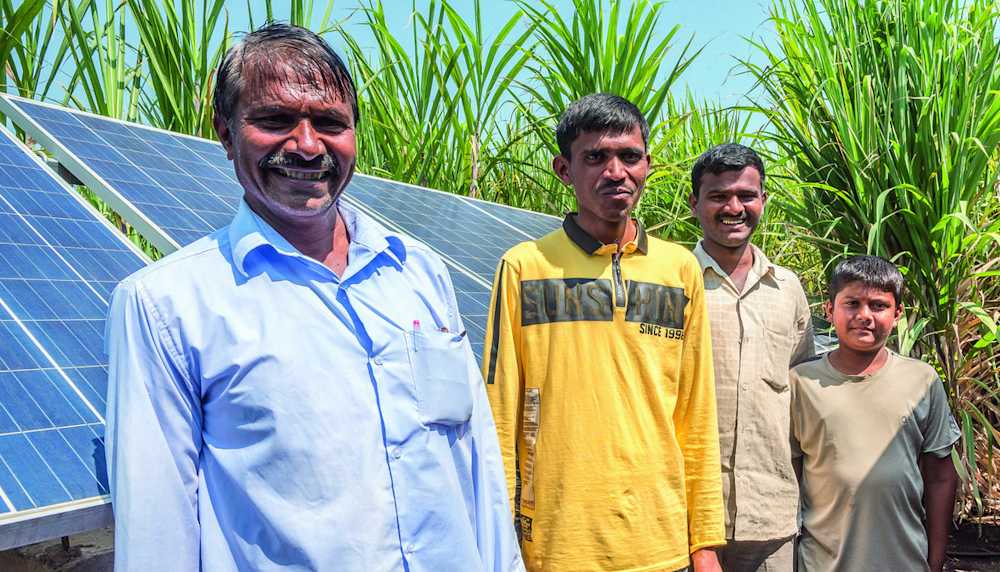Climate Finance
A decade of pioneering climate finance
The developing world is the key battleground in the climate emergency. With USD 670 m of assets under management, close to USD 800 m in financing disbursed since inception, 17 m tonnes of CO2 emissions saved and 475 MW of clean energy capacity installed across 24 countries, the responsAbility-managed climate fund which was initiated by the German government and KfW, is entering into its second decade of driving climate finance in these geographies.

The Fund was launched years before the Paris Agreement put global warming at the forefront of the international agenda. Targeting to fight climate change in emerging economies, it anticipated what today is a well-known fact: Population growth, continuing industrialization and improving standards of living make the developing world the key battleground in the climate emergency.
Primarily working with local financial institutions, the Fund has successfully contributed to creating awareness for the business opportunities climate finance presents in emerging economies, enabling financial institutions to disburse a total of 74,000 sub-loans for renewable energy and energy efficiency projects.
More about the Fund Fund website
The Fund’s Technical Assistance Facility has played a vital part in bringing about this impressive result. By actively building up green lending know-how within the institutions through a total of 175 individual projects, it has enabled them to not only fulfill the Fund’s strong approach to measuring and reporting energy savings but allowed them to effectively position themselves as green lending pioneers in their respective markets.
Complementing this indirect financing approach, the Fund has directly financed clean energy projects and companies of various types and forms to further the generation and provision of renewable energy in the developing world, where access to funding remains one of the key obstacles to a successful energy transition.
Combined, the USD 790 m disbursed by the Fund since its inception have led to 17 m tonnes of CO2 emissions being saved and 475 MW of clean energy capacity installed across 24 countries.
Private sector investments today account for 34% of the Fund’s volume of USD 670 m, an important achievement given the Fund’s objective to mobilize institutional capital for this investment topic. Launched by German Federal Ministry for the Environment, Nature Conservation and Nuclear Safety (BMU), KfW Entwicklungsbank and the International Finance Corporation (IFC) in 2009 as a public-private partnership, the Fund has attracted a considerable number of both public and private investors committed to driving climate finance.
Antoine Prédour, Head of Climate Finance Initiatives, explained: “In the first decade of its existence and with a unique approach, the Fund has provided ample proof that it is possible to finance climate projects through financial institutions in developing economies. With close to USD 700 m of committed capital, the Fund has now reached the necessary scale to attract more institutional funding, allowing it to bring climate finance in developing countries to the next level.”
The full story Media release